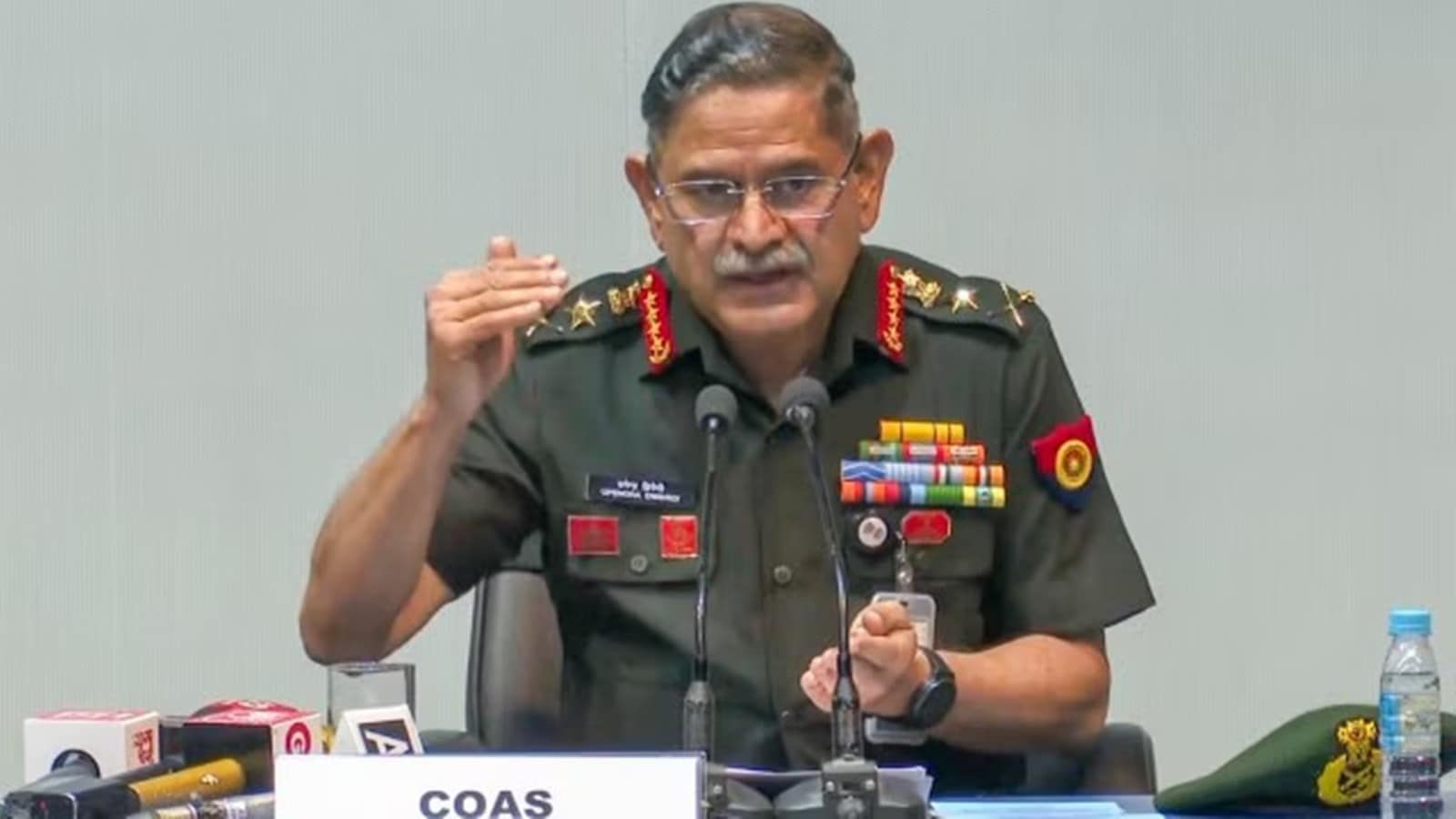In a step that could change the profile of universities in the farming sector, an expert committee led by former chief secretary T.M. Vijay Bhaskar has recommended that all the agricultural and allied universities in Karnataka be turned into integrated universities instead of the present system of being confined to either agriculture or horticulture.
The report was submitted by the committee comprising experts, including vice-chancellors, to the government of Karnataka on September 4.
Observations of panel
Integrated farming is needed for sustainable farming
Farming can get a boost through integrated universities
The concept has been arrived at after interacting with farmers, academicians, students and experts
Geographical jurisdiction of existing universities should be re-arranged to turn them into integrated ones
Veterinary university can be left out in first phase as it requires specialised resources, but can be integrated in the second phase.
According to sources, the committee has stressed on the need for doing away with the present system of a compartmentalised approach in agriculture. The committee is learnt to have observed that the present system of universities focusing only on agriculture or horticulture would not help farmers, as they would have to approach different universities for taking up integrated farming.
Indian Council of Agricultural Research too thinking on same line
Pointing out that the Indian Council of Agricultural Research (ICAR) too is thinking on the lines of having integrated universities, the committee observed that integrated universities would go a long way in promoting integrated farming method of cultivating multiple crops to ensure sustainable agriculture.
To begin with, the committee is learnt to have recommended that all the agricultural and horticultural universities include all aspects of agriculture and allied issues. In the first phase, it has left out the Karnataka Veterinary, Animal and Fisheries Sciences University (KVAFSU) since it requires specialised infrastructure and manpower. However, in the second phase, veterinary sciences should also become part of curriculum and operational area of all the universities in agriculture and allied sectors when they acquire the required capability and resources, the report states.
Karnataka has seven universities in agricultural and allied sectors, including the KVAFSU.
The committee reportedly mapped the geographical area of the State to the six universities while not altering the functioning of KVAFSU. The total extent of area under cultivation in each district has been taken into consideration while allotting different districts to the universities.
“The recommendation of having integrated universities does not affect the structure or functioning of any existing university,” sources said while making it clear that there is no question of closing any university or taking away its powers.
The recommendation of having integrated universities had been arrived at after interacting with all the stakeholders, including farmers, academicians, students and experts, sources said. The concept would reduce unwanted expenditure and duplication of resources, observed an expert.
Some reservations
However, the University of Horticultural Sciences-Bagalkot is learnt to have expressed reservations about the proposal. In the legislature session, some elected representatives from north Karnataka had demanded that this university’s functioning should not be altered as it is a specialised university.
The concept of setting up specialised universities in agriculture and allied subjects gained momentum in Karnataka in the last two decades. However, several agricultural academicians including the late Dr. R. Dwarkinath had opposed the move on the grounds that it would not help the cause of integrated farming, which is the need of the hour.
It gained focus when the government recently carved out a separate University of Agricultural Sciences-Mandya from the UAS-B, resulting in formation of an expert committee to study the issue.



.png)
.png)
.png)
















 22 hours ago
4
22 hours ago
4








 English (US) ·
English (US) ·